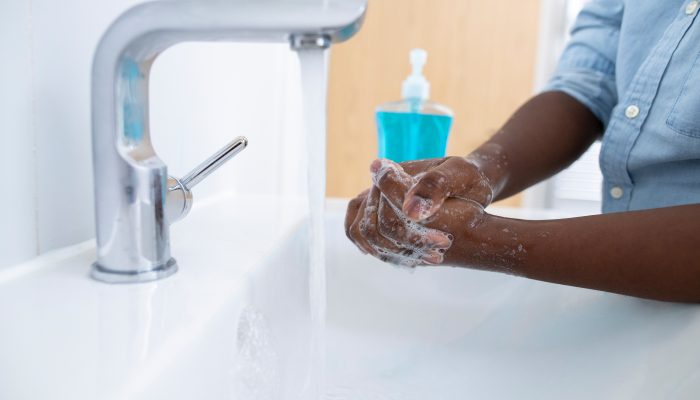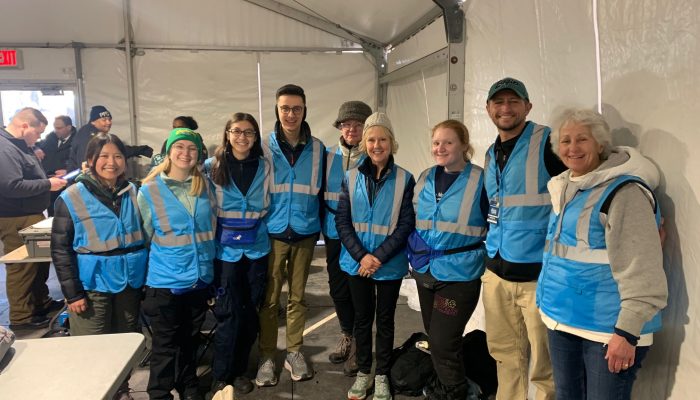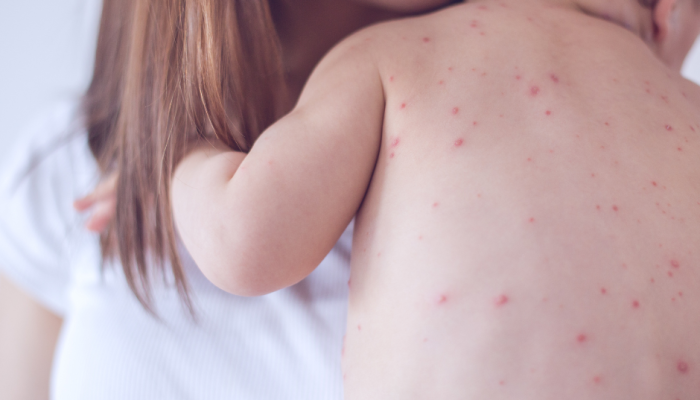Every once in a while, the Health Department will see that some disease or condition is circulating in Philadelphia that doesn’t rise to the level of an emergency, but is something that residents should be aware of. Our Be On The Look-out series highlights these diseases and conditions and offers some advice to help protect yourself and your families.
Be on the look-out: Norovirus!
What is it?
Norovirus is a virus that upsets your belly. People who have norovirus generally feel terrible and spend lots of time in the bathroom with diarrhea or vomiting, or even both at the same time! Some people call norovirus a stomach bug or stomach flu.
How can you get it?
People can get Norovirus from putting something with the virus on it in their mouth. When people go to the bathroom and don’t wash their hands very well, norovirus can stay on their hands. Then, whatever they touch can get norovirus on it. If you touch that thing and then touch your face or mouth, you can get infected with norovirus.
What happens if you get it?
At this time of year, if your stomach starts feeling upset and you have diarrhea or vomiting, you likely have norovirus. The thing we worry about the most for people who have norovirus is dehydration. Dehydration is when you don’t get enough fluids, or you are losing them too quickly from diarrhea or vomiting. We’re especially worried about this for young kids and older adults, who can become dehydrated quickly.
To keep from getting dehydrated, you should make sure you get plenty of fluids. Water and oral rehydration products like Pedialyte can help. But expensive products usually aren’t necessary. Chicken broth or other types of broth will give your body the water and sodium it needs. Sports drinks like Gatorade can help too, but they can have a lot of sugar. Popsicles are a great way to get fluids in kids (or adults)!
There are also things you can do to help protect others in the home, so they don’t get sick. The sick person should absolutely stay out of the kitchen if they can help it. Try to disinfect anything they might come into contact, especially in the bathroom. The usual disinfection products don’t work on norovirus, so look for something that contains bleach or specifically mentions norovirus on the package. If you need to change sheets or towels or clothes, wear gloves when you collect them and wash them on the hottest setting for the longest cycle. If you are caring for someone with norovirus make sure you are washing your hands frequently. Hand sanitizer doesn’t work well to kill norovirus.
How can I keep from getting it?
The best way to protect yourself from catching norovirus is to wash your hands thoroughly and frequently, especially before eating or preparing food.
You should also consider using hand sanitizer when you’re out in public. A lot of stores still have pump bottles of hand sanitizer on their counters; take advantage of them! Hand sanitizer doesn’t work well for norovirus but works well for most other common infections we are seeing right now including COVID-19 and the flu.




